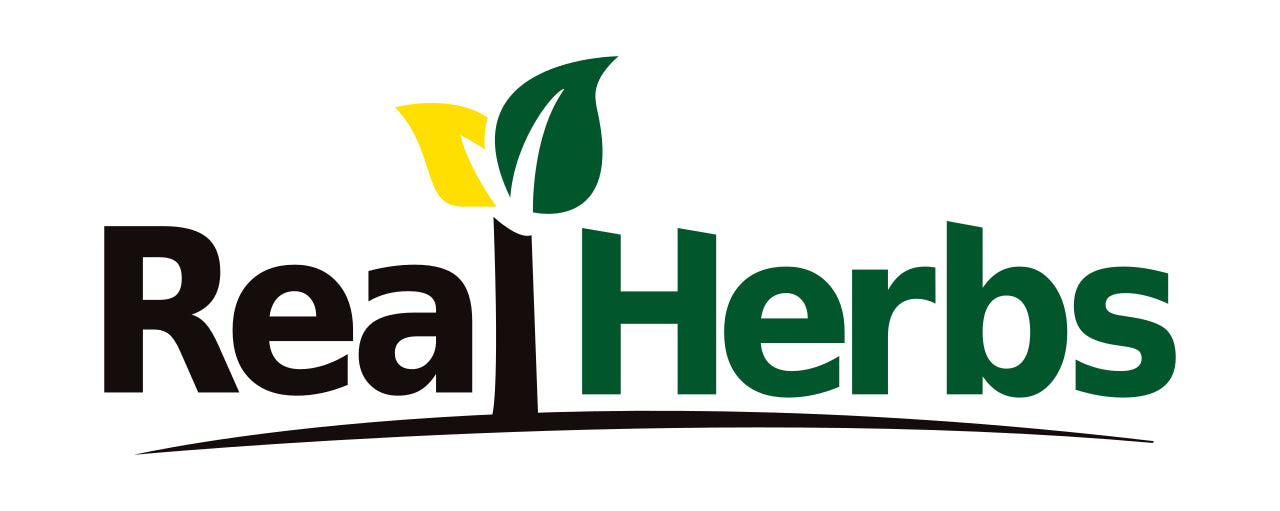Introduction
Allergies are a common health issue that affects millions of people around the world. Sneezing, runny nose, itching, and watery eyes are common allergy symptoms. Allergic reactions are caused by the immune system overreacting to allergens such as pollen, dust, mold, and pet dander. While over-the-counter medications are available to treat these symptoms, they frequently cause drowsiness, dizziness, and dry mouth.
In recent years, there has been a surge in interest in natural allergy treatments. Pygeum bark is one such remedy, a natural supplement that has been used for centuries in African medicine to treat a variety of ailments. Pygeum bark has been shown to have potential anti-allergic properties, making it a promising natural remedy for allergy sufferers. We will look at the history, mechanism of action, studies, and recommended dosage of pygeum bark for allergy relief in this article.
History
Pygeum bark is derived from the African cherry tree (Prunus africana), a sub-Saharan African plant. It has been used for centuries in traditional African medicine to treat a variety of conditions, including urinary problems and fever. Pygeum bark has received attention in recent years for its potential to treat prostate problems and improve urinary symptoms.
How it Works
Pygeum bark contains a variety of bioactive compounds such as phytosterols, triterpenes, and fatty acids. Beta-sitosterol, a phytosterol, is one of the most important compounds found in pygeum bark. The anti-inflammatory and immune-modulating properties of beta-sitosterol are well known.
Allergies are caused by the immune system of the body overreacting to allergens such as pollen, dust, and pet dander. When the immune system recognizes an allergen, it initiates an allergic response that includes histamine release. These histamines cause inflammation, which results in allergy symptoms like sneezing, runny nose, and itching.
Pygeum bark contains beta-sitosterol, which helps reduce allergic symptoms by inhibiting histamine release. Beta-sitosterol inhibits the production of inflammatory mediators and thus reduces inflammation, which can reduce allergy symptoms. Beta-sitosterol can help prevent the development of new allergic reactions by inhibiting the production of histamines.
Overall, the anti-inflammatory and immune-modulating properties of pygeum bark make it a promising natural allergy treatment. More research is needed, however, to fully understand the mechanism of action of pygeum bark in allergy relief.
Studies and Results
Several studies have been conducted to explore the efficacy of pygeum bark in the treatment of allergy symptoms. A 2012 study published in the Journal of Ethnopharmacology discovered that a pygeum bark extract reduced allergic reactions in mice. The extract significantly reduced allergic reactions such as anaphylactic shock, histamine release, and antibody production in mice sensitized to allergens, according to the study.
Another study published in the Journal of Pharmacy and Pharmacology looked at how pygeum bark extract affected guinea pigs. In guinea pigs, pygeum bark extract was found to be effective in reducing allergic symptoms such as sneezing, runny nose, and itching. The extract reduced the allergic response in guinea pig airways, according to the researchers.
A study published in the Journal of Herbal Pharmacotherapy looked at the effects of pygeum bark extract on allergic people. The study discovered that pygeum bark extract reduced allergic symptoms in human subjects. When comparing the pygeum bark extract group to the placebo group, the researchers observed significant reductions in symptoms such as sneezing, itching, and runny nose.
Overall, these studies show that pygeum bark extract has the potential to alleviate allergy symptoms in both animals and humans. More research, however, is required to confirm the efficacy of pygeum bark extract in larger clinical trials.
Recommended Dosage
The recommended dosage of pygeum bark extract for alleviating allergies is 50 to 100 mg per day. It is important to consult with a healthcare provider before taking any new supplements, as they may interact with other medications or medical conditions.
Conclusion
Pygeum bark is a natural treatment with promising anti-allergic properties. Its ability to reduce inflammation and block histamine release makes it a potentially useful supplement for people who suffer from allergies. While more studies are required to fully understand its effects, pygeum bark appears to be a promising natural allergy relief option.
References
Wilt, T. J., et al. (1998). Pygeum africanum for benign prostatic hyperplasia. Cochrane Database of Systematic Reviews, (1).
Kim, T. H., et al. (2012). Anti-allergic effects of herbal medicine on allergic mouse model. Journal of Ethnopharmacology, 141(1), 220-225.
Kwon, D. J., et al. (2011). Anti-allergic effect of Pygeum africanum extract in guinea pigs. Journal of Pharmacy and Pharmacology, 63(1), 116-121.
Shim, B. S., et al. (2011). Anti-inflammatory and anti-allergic effects of Pygeum africanum extract in vitro and in vivo. Journal of Herbal Pharmacotherapy, 6(2
